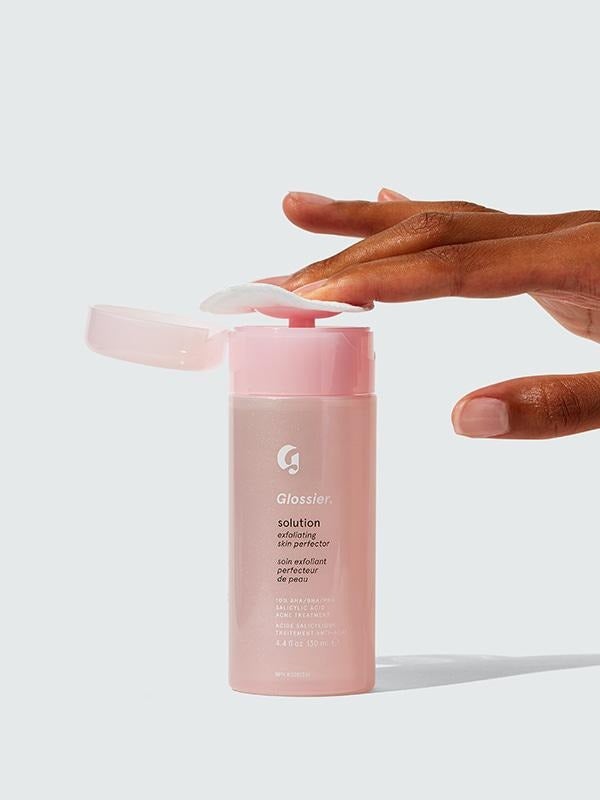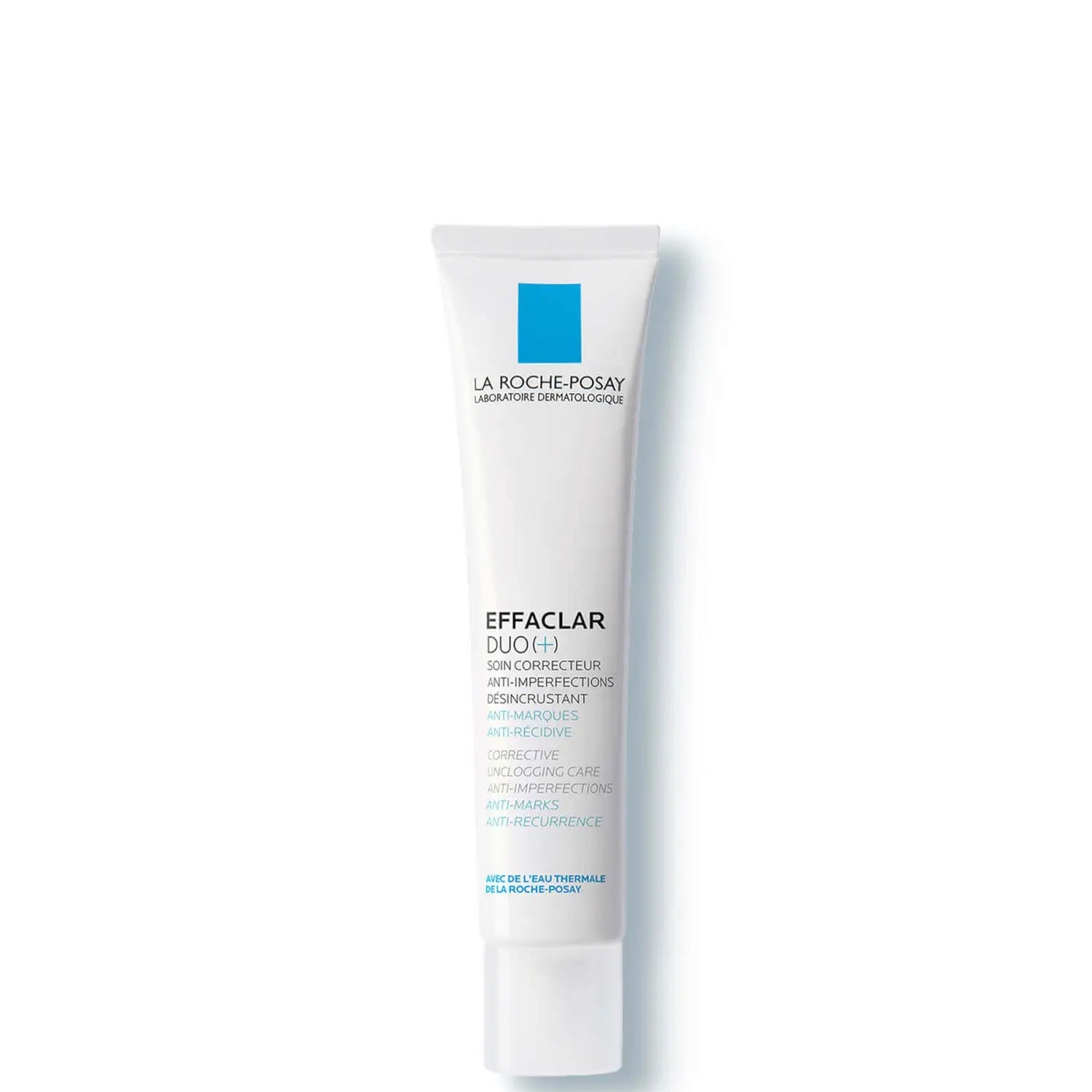Is It Safe To Use Retinol In Pregnancy & Are There Alternatives?
Illustration by Olivia Santner
Retinol is the gold standard in skincare for a reason, especially when it comes to fighting wrinkles and acne. Near unparalleled in potency, speed and results, it is relatively inexpensive, easy to slot into a skincare routine as you only need to use it at night, and there are countless clinical trials to support it – but it’s not for everyone. It can cause sensitivity, peeling and flaking, and it’s not safe for use in pregnancy or while breastfeeding.
The concerns are the same that make the oral form, Roaccutane, unsafe while pregnant: Vitamin A, which all retinoids are derived from, is linked to serious birth defects, and while there’s been little research into topical use and pregnancy, doctors always advise to avoid using it altogether.
AdvertisementADVERTISEMENT
So what’s a person to do? Until you get the all-clear from your doctor, you’re going to have to get creative. If you’re using retinol for the anti-ageing purposes, you can find some of those qualities elsewhere. For example, bakuchiol is the latest star ingredient on the scene. Derived from the Indian psoralea corylifolia plant, a new trial published in the British Journal of Dermatology found that it reduced dark spots and fine lines at the same rate as retinol. "Bakuchiol has been shown to activate a number of chemical pathways in skin cells that ultimately lead to improved collagen production, decreased collagen breakdown and reduction of melanin (pigment) synthesis. The overall net effect seems to be an improvement in fine lines, wrinkles and pigmentation which are commonly associated with the natural ageing process of the skin," said Dr Anjali Mahto, consultant dermatologist at the Cadogan Clinic.
Rosehip oil lacks enough retinoic acid to be classed as a retinoid, but does offer some skin benefits as it’s rich in beta-carotene, vitamin C and vitamin E. "Rosehip oil is sometimes used as a natural alternative to retinol," added Dr Mahto. "For vitamin A benefits, an oil derived from the rosa rubiginosa could be used. Research suggests that oil produced by cold pressing has higher levels of vitamin A than that made via solvent extraction."
More interested in the anti-acne benefits? It’s tempting to load up on the acids and hope for the best, but over-exfoliating is a real thing and can cause long-term damage to the skin. Don’t just cocktail a bunch of AHAs or peel pads together and think that it equates to retinol, because it’s not that straightforward. You’re better off using the AHAs or exfoliants that you know work for you without increasing the dose. Something like La Roche-Posay Effaclar Duo+, £18.50, or Glossier Solution, £21, is a good starting point.
As Dr Mahto noted: "You can’t really replicate the effects of retinol with other skincare. Some over-the-counter AHAs like glycolic and lactic acid could be substituted for skin brightening and mild collagen synthesis. But the biggest thing is wearing sunscreen if ageing of the skin is a concern." Essentially, skincare during pregnancy is a marathon, not a sprint – lay the groundwork for the future, put in the preventative measures and reap the benefits later on.
Refinery29's selection is purely editorial and independently chosen – we only feature items we love! As part of our business model we do work with affiliates; if you directly purchase something from a link on this article, we may earn a small amount of commission.
AdvertisementADVERTISEMENT








